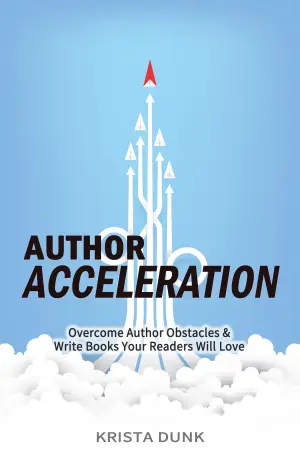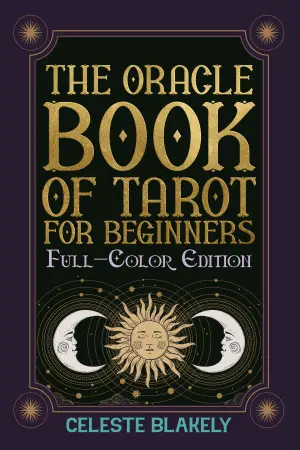A Transformative Journey in Demon Copperhead
When I first picked up Demon Copperhead: A Novel by Barbara Kingsolver, I was drawn in by the hype surrounding its Pulitzer Prize win and the parallels to Dickens’ David Copperfield. I found myself curious: how would Kingsolver transpose 19th-century struggles into a modern Appalachian landscape? This intersection of classic literature and contemporary issues felt like a rabbit hole I was eager to explore.
Demon Copperhead tells the story of Damon Fields, a boy navigating the harrowing terrain of childhood in southern Appalachia. Born to a young, struggling mother in a trailer, Damon quickly becomes a voice for the disenfranchised—the "invisible" children of today. Through his eyes, we experience the harsh realities of foster care, addiction, and societal neglect, all while witnessing his resilient spirit. Kingsolver masterfully intertwines humor and heartbreak, making for a narrative that is both compelling and deeply affecting.
From the very first lines, I found myself captivated. Damon’s voice is raw and unfiltered, reminding me of the bravery found in characters like Huck Finn. He explains, “First, I got myself born,” immediately thrusting us into a world filled with both grit and tenacity. This authenticity grounds the story, making his journey feel palpable and relatable.
One of the standout elements of Kingsolver’s writing is her ability to inject vivid imagery and detailed characterizations into the narrative. Her love for the Appalachian landscape shines through, painting a portrait of a place that’s beautiful yet marred by challenges. Through the character of Demon, we see not just the pain of poverty but glimmers of hope and resilience, proving that laughter and joy can coexist with suffering.
Interestingly, I found myself reflecting on how the book mirrors Dickensian themes. Simply put, Kingsolver is not merely retelling a classic; she revitalizes it in a context that speaks to pressing societal issues today, like the opioid crisis. Characters like Coach Winfield and his daughter Angus become modern echoes of Dickens’ creations, reinforcing the idea that while time may change, some struggles remain perpetual.
Engaging with Demon Copperhead wasn’t always easy. The weight of its themes hung heavy, and the book’s length felt daunting at times. Yet, it was precisely this depth that made it a rewarding experience. It opened my eyes to the intricacies of a broken system and the resilience needed to navigate it—a resonance further supported by the testimonials from readers who, like me, found the story both haunting and illuminating.
If you’re drawn to stories layered with social critique, raw emotion, and unforgettable characters, then Demon Copperhead is for you. It challenges us to consider the lives of those often overlooked while offering a redemptive arc that lingers long after the final page. I walked away feeling grateful and deeply reflective, more aware of the resilience of the human spirit and the stories woven into the fabric of our society. This novel isn’t just a book; it’s an experience, one that reminded me of the power of storytelling to incite change and inspire empathy.






